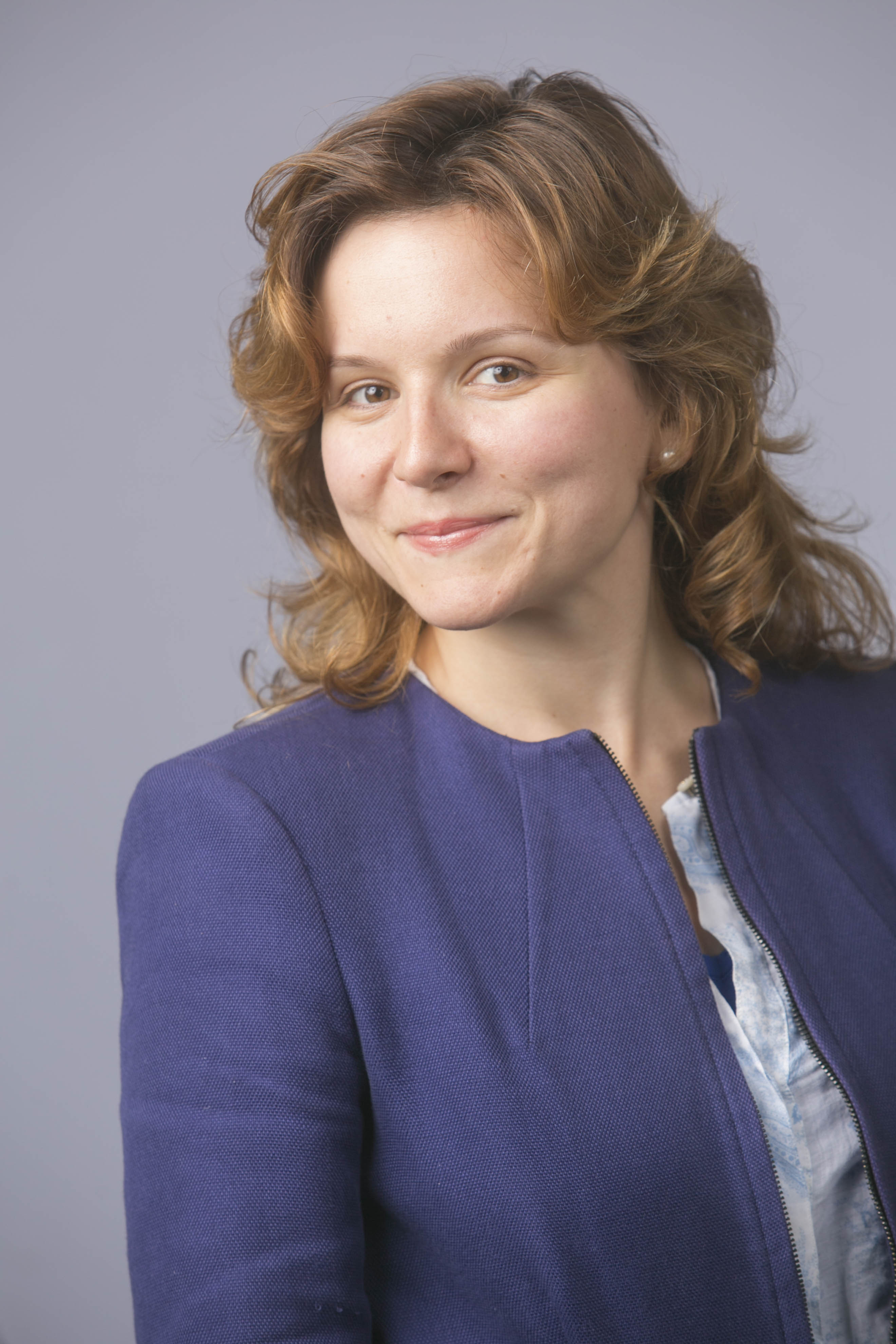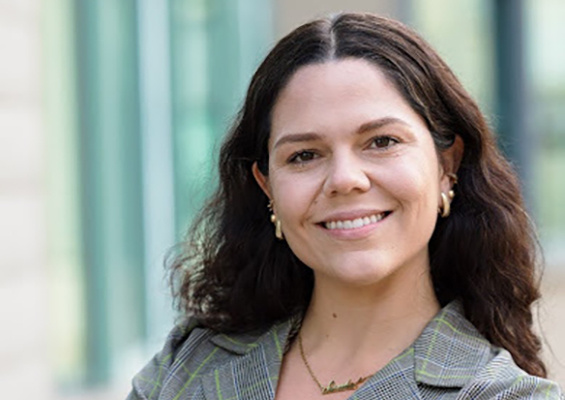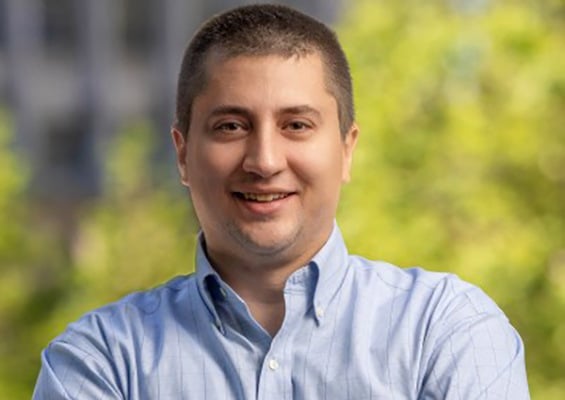“What is the best way to help?” It’s a question physicians ask often in the course of their careers as they contemplate a patient’s situation.
In 2014, Lida Kourita Papadopoulos, MD, DCH, MRCPCH, EMBA 16, then a pediatrician practicing in London as part of Britain’s National Health Service, was questioning how she could do more to help. “As much as I loved my work, my footprint as a physician was limited by geography and time. I could see only so many patients in a week, and I could do nothing to help people elsewhere who are excluded from the healthcare system completely,” she says.
Her reflection led her to an unexpected answer: an advanced degree in business. Complementing her medical knowledge with business skills and a strong network of like-minded professionals, she realized, would expand her ability to make a difference.
The Berkeley MBA for Executives quickly rose to the top of her list. “The four Defining Leadership Principles resonate with any physician and certainly with my own philosophy. I wanted to question the status quo in how healthcare is provided, and I knew I would use my studies to advance a cause beyond my own career. Physicians are students always in medicine, and I certainly had a lot to learn about business. Finally, I wanted to be among people who were clever, competent but also humble,” she says.
At Berkeley, along with a strong foundation in business fundamentals, she “learned a whole new alphabet: ROI, P&L, EBIDTA. More importantly, I learned to look at healthcare not just as a physician but as an entrepreneur.”
Her most important lesson was that disruption has to start with knowing what you want to build. “At Berkeley Haas, I learned about building models, identifying key partners, and planning to ensure that a small player can enter a big business eco-system successfully,” Kourita Papadopoulos says.
She also notes, “innovation happens when there is cross-pollination between disciplines and no place is better than Berkeley at making that happen. In the classroom, in casual discussions with classmates or alumni, I always found that what I call my ‘Berkeley family’ was devoted to helping all of us thrive.” In addition, the Berkeley Haas Entrepreneurship program, the Berkeley SkyDeck accelerator, and the EMBA immersion experiences played important roles in shaping Kourita’s career path.
Today, she is the medical innovation lead at neuroFit, Inc., a startup exploring the use of the oculomotor system to measure neural health. “Berkeley was the vital bridge that enabled me to cross over from one-on-one healthcare delivery to contributing to the development of systems with the potential to reach very large populations. neuroFit is capable of building ecumenical tools that go beyond barriers of time, space, and access to address human pain today and to prevent it in the future.”
Another example of the power of Kourita’s “Berkeley family” came when Rhonda Shrader, the director of the Berkeley Haas Entrepreneurship program, encouraged her to apply for a National Science Foundation I-Corps grant. “This funding was invaluable to neuroFit as we sought to understand and validate our value proposition,” she explained. “It has given us access to customers nationwide as well as top industry leaders.”
Finally Kourita Papadopoulos says the Berkeley MBA for Executives lures you out of your comfort zone, to challenge and ultimately empower yourself. “You will learn how to choose the path of resistance when those around you are demanding you compromise your values.”









